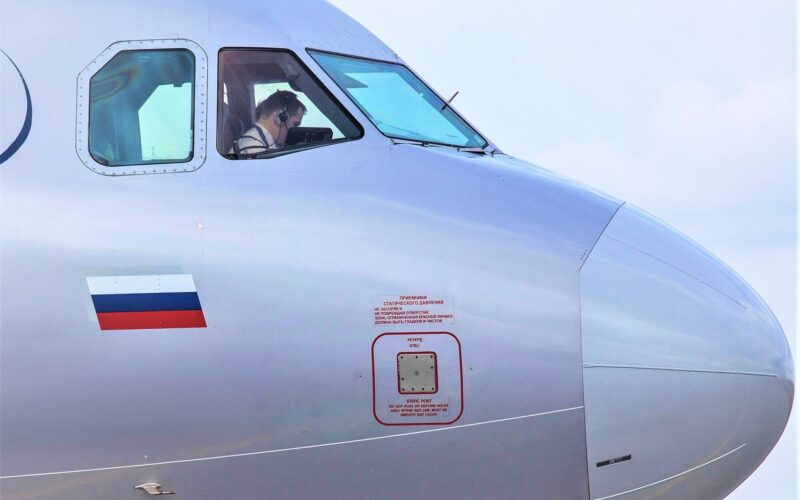The latest round of international sanctions has significantly impacted upon aircrew training and licensing processes across Russian operators. Now, EASA-approved pilot training centers in Turkey are reportedly rejecting Russian pilots from training on their flight simulators (FSTDs).
As reported by The Insider on September 20, 2022, one of Turkey’s largest training organizations, Turkish Airlines Training Center, has ceased flight simulation training for flight crew working for Russian carriers due to European sanctions on Russia.
The measure was implemented on September 16, 2022, according to a letter published on the Telegram channel Aviatorshina.
“It is not yet known when EASA’s sanctions will be lifted,” Turkish Airlines Flight Center stated in the letter.
A pilot working for an unidentified Russian airline confirmed the letter’s authenticity to The Insider.
What regulations define training conditions for Russian pilots?
All EASA-approved pilot training organizations, including the Turkish Airlines Flight Center, must follow European Commission (EC) regulations. Following the latest amendment to two European Commission regulations, both of which came into effect in late August 2022, it is currently prohibited to provide any services for “any natural or legal person, entity or body in Russia” or “for use in Russia”, according to EASA.
“Training could be allowed if done for the purpose of later operating a non-Russian aircraft, i.e. if the student or candidate is e.g. destined to fly as an employee on an EU airline,” the agency described in a brief summary.
“If the intention is to fly in Russia or Russian controlled/registered aircraft, then such training would be a support to the use of banned aircraft or operators and hence prohibited. For private pilots (who presumably would be flying themselves and are Russian citizens) such training is not allowed. Furthermore, the training cannot take place in Russia,” EASA explained.
Turkish Airlines Flight Center has not yet responded to AeroTime’s request for comment.

